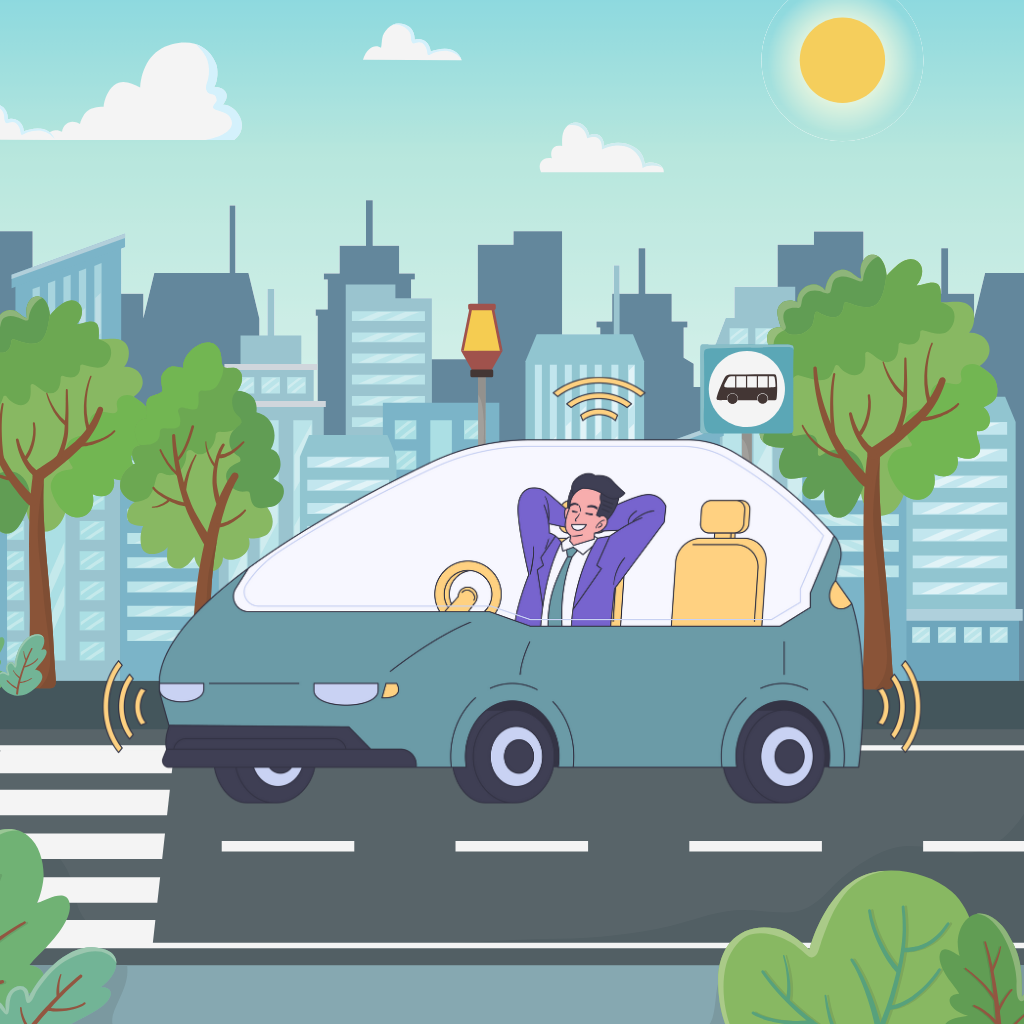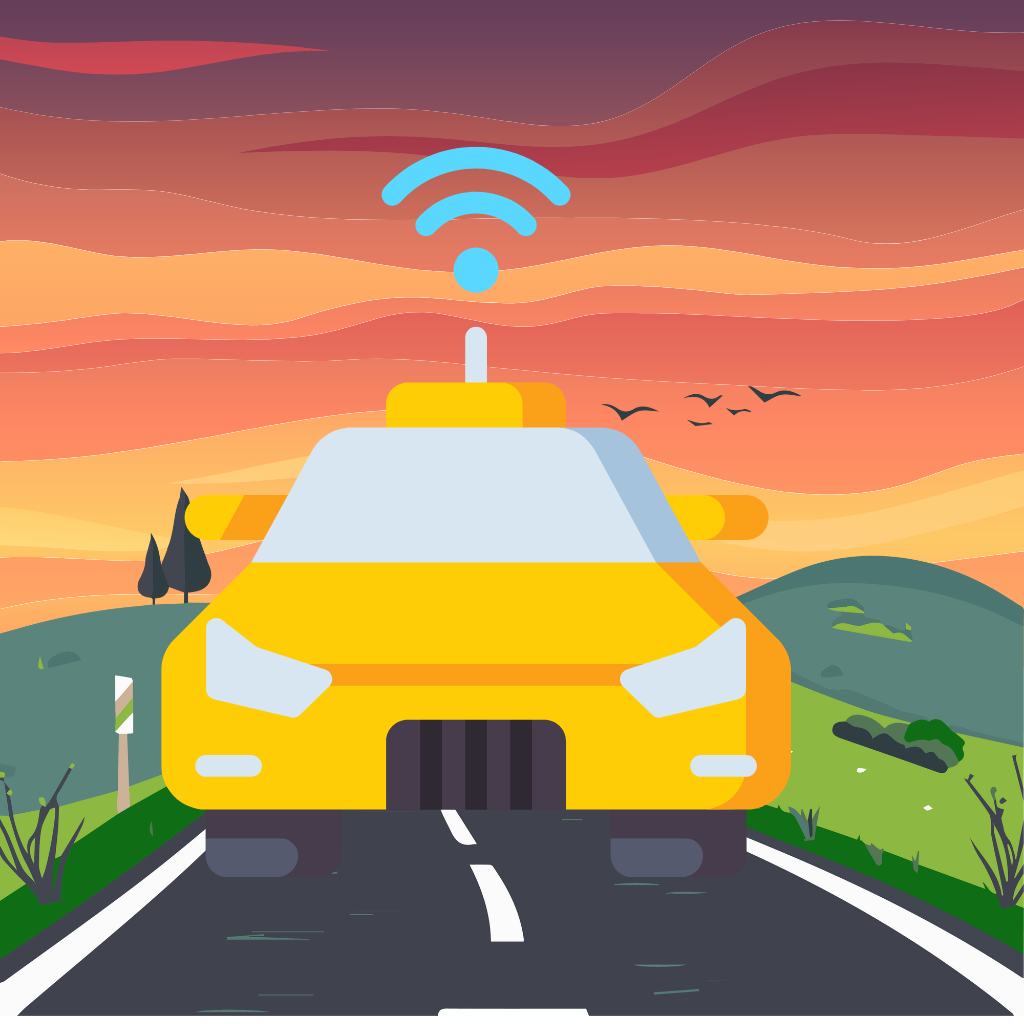Insurance for Self-Driving Cars – Key Impacts You Need to Know
Not long ago, self-driving cars seemed like something out of a sci-fi movie. Today, they’re cruising into reality—bringing major changes to more than just how we drive. As autonomous vehicles hit the road, underwriters are rewriting the rules of auto insurance. Imagine lower premiums, faster claims processing, and entirely new coverage for cyber liability to protect your car from being hacked while on the move. With these changes on the horizon, it’s clear that the insurance industry is in for a revolution.
Do Self-Driving Cars Need Cyber Liability Insurance to Protect Against Hacker Hijacks?
As technology behind self-driving cars evolves, so do the risks involved. Cyber liability coverage is becoming increasingly important to protect yourself against sinister hackers. Consider this happening to you – you’re a tech executive in a self-driving car that’s been hacked while on your way to a meeting. As panic levels rise, the attackers demand a large ransom, threatening to disable the vehicle and expose sensitive data. Fortunately, your cyber liability coverage and kidnap and ransom insurance can cover the damages and ransom, ensuring an end to your nightmare and data protection. Really, this is a scenario that could happen to anyone. That’s why protecting your self-driving car from online hacks is no longer an option, it’s a necessity.
Will Self-Driving Cars Lower Premiums?
If you’re wondering whether self-driving cars will lower your premium, join the crowd. With the current high premiums we’re facing in the 2024 hard insurance market, lower premiums would feel like a breath of fresh air. While advanced technology aims to reduce accidents, and may lead to lower premiums, several factors come into play. The type of insurance options you choose, your driving habits, and the overall risk assessment of autonomous vehicles will all impact your premiums. It’s important to stay informed as these changes unfold before us.
The Role of Technology in Shaping Future Auto Policies
As technology integrates with autonomous vehicles, it helps address new risks and challenges that may arise in a self-driving world. Telematics, which tracks real-time data like speed and vehicle behavior, allows insurers to personalize coverage based on the car’s performance. This provides improved risk management and simplifies claims by pinpointing whether the self-driving car or the owner is responsible for an accident. Meanwhile, artificial intelligence (AI) helps insurers predict risks before they occur, analyzing factors like weather, environment, vehicle maintenance and potential cyber threats.
The Future of Claims in a Self-Driving World: What to Expect
As more self-driving cars enter society, the process for claims will likely transform.
“Autonomous vehicles are not just about innovation; they’re about transforming the way we view risk and responsibility in transportation,” says Chris Urmson, CEO of Aurora.
With reduced accidents and improved technology, claims may be processed more efficiently. However, if a self-driving car is involved in an accident, determining liability will require new processes. Expect insurers to use streamlined technology claims processes and enhance customer experiences.
How Self-Driving Cars Will Further Transform the Insurance Industry in the Future
The transformation of the insurance industry is just beginning! As self-driving cars become mainstream, we can expect significant changes in how policies are structured and marketed. Insurers will likely focus on specialized coverage for autonomous vehicles and develop innovative solutions that cater to the evolving landscape of vehicle technology.
As we await our own self-driving cars, it’s essential to stay up-to-date and informed on various risks, new technologies and the shifting insurance landscape. This will ensure you can hit the roads with confidence in your own autonomous vehicle.
Preparing for the Insurance Revolution: Adapting to a Self-Driving Future
Are you ready for the auto insurance revolution? Preparing for a future dominated by self-driving cars means staying informed about your options and understanding potential risks involved. As the industry adapts, take time to evaluate your coverage and explore insurance solutions tailored to autonomous vehicles.
How Independent Agents Can Help You Navigate a World of Self-Driving Cars
Independent agents can guide you through the transition to a world of self-driving cars, ensuring you’re fully prepared and your unique needs are met. With expert guidance, they can help you understand how cyber liability insurance protects against hacking, navigate new policy options, or determine what coverage works best for your situation.
Working with multiple insurers allows them to find personalized, comprehensive solutions that fit your needs. As technology evolves, independent agents stay ahead of the curve, ensuring you’re properly insured and confident in your coverage. If you have any questions or need help, you can call a YourPolicy agent at (866) 236-0203.
Interested to know more about autonomous vehicles and their impact on the insurance industry?
View some quick-find facts & frequently asked questions (FAQ) about coverage for self-driving cars.
- How will insurance work for self-driving cars? – Insurance for self-driving cars will likely be a combination of personal auto insurance and product liability coverage, with automakers potentially sharing liability for malfunctions.
- Who is liable in an accident involving a self-driving car? – Liability in self-driving car accidents depends on the level of autonomy. In fully autonomous vehicles, the manufacturer or software provider may be held responsible if a malfunction causes the accident.
- Do self-driving cars reduce insurance premiums? – Self-driving cars may reduce insurance premiums over time as they are expected to lower accident rates due to advanced safety features and reduced human error.
- Will traditional auto insurance policies cover autonomous vehicles? – Traditional auto insurance may not fully cover autonomous vehicles. New policies specific to autonomous technology are emerging to address the unique risks involved.
- Do self-driving cars need special insurance? – Yes, self-driving cars may require specialized insurance policies that account for both the driver’s liability and potential manufacturer faults, such as software or hardware failure.
- What happens if a self-driving car malfunctions and causes an accident? – If a self-driving car malfunctions and causes an accident, the manufacturer or software provider may be held liable, depending on the source of the malfunction and the vehicle’s level of autonomy.
- How will insurance companies determine fault in self-driving car accidents? – Insurance companies will use data from the car’s sensors, cameras, and software logs to determine fault in self-driving car accidents, which may involve both driver and manufacturer liability.
- What Happens If a Self-Driving Car Causes an Accident? – If a self-driving car causes an accident, liability usually falls on the manufacturer or software developer. Policies will address damages and legal costs accordingly.








